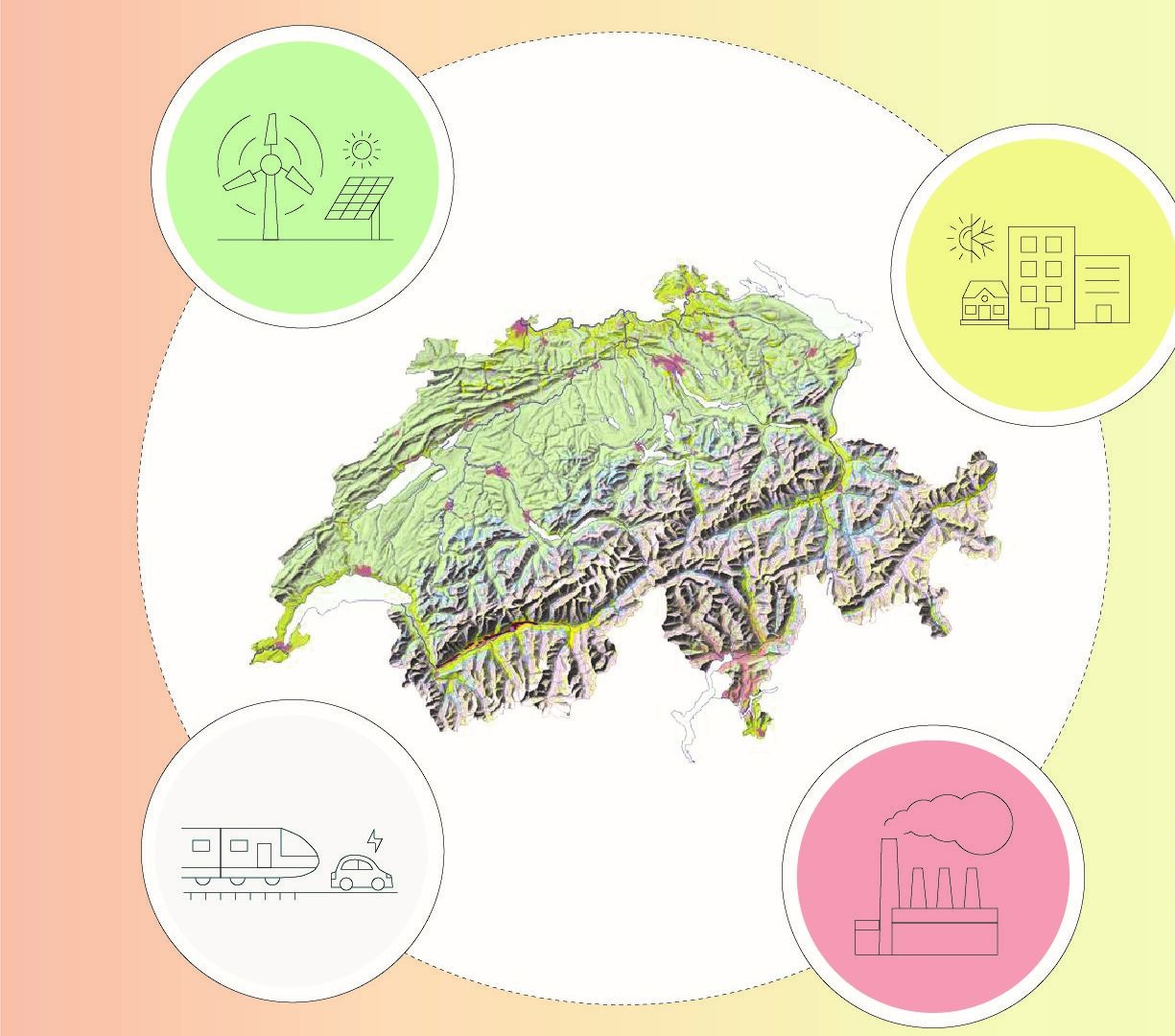News
The latest update of Nexus-e

New study on the potential role of hydrogen in the future Swiss electricity system.
March 28, 2024
Hydrogen and e-fuels and their potential role in future energy systems are hotly debated topics. Using The modelling platform Nexus-e, a team of researchers at the Energy Science Center at ETH has looked at the potential role of imported or domestic hydrogen or e-methane for the Swiss electricity system.

New scenarios based on cooperation with Energy Infrastructure Partners
February 6, 2024
Energy Infrastructure Partners and the Energy Science Center at ETH Zurich have signed a research collaboration. In this collaboration, EIP and ESC under the lead of Dr. Marius Schwarz have developed scenarios for the future of Switzerland’s electricity system and tested several shock scenarios. Results show that reducing grid transfer capacities to 30 percent in 2050 as an unforeseen shock or drastically reducing the availability of nuclear power plants in France as the same type of shock does not result in supply issues. Only the scenario forcing Switzerland to keep a balanced winter trade balance results in supply issues.
Solar PV will be a key technology of the Swiss energy transition according to new model intercomparison study
August 28, 2023
Models are valuable tools to assess potential future pathways of the energy transition. Such models can diverge in their objective functions, data inputs and assumptions. Multi-model analyses can provide important insight into such divergences and similarities and provide more robust assessments. In a recent study, we have compared Nexus-e, EXPANSE and OREES, three electricity system models with a high spatial resolution with a focus on

New Nexus-e management! Jonas joins Nexus-e as the new project manager
August 14, 2023
Jonas Savelsberg joined the Energy Science Center at ETH Zurich as a senior project manager for Nexus-e in August 2023.

Nexus-e is growing! Matthieu Boubat joined as new scientific assistant.
August 2, 2023
Matthieu Boubat joined the Energy Science Center (ETH Zurich) in July 2023 as a scientific assistant. He is working on scenario developments for various projects at ESC and collaborating toward making the Nexus-e platform open source.

Nexus-e welcomes Desiree de Ferrars as new MSc Student
October 13, 2022
Désirée is currently a MSc student in Environmental Sciences at ETH Zurich. She will conduct her Master’s thesis on “The role of solar photovoltaics in the alps for the Swiss electricity system”.
Her analysis will focus on conducting literature and developing GIS datasets. Also including alpine PV in the Nexus-e databare will be part of her Master’s Thesis.


